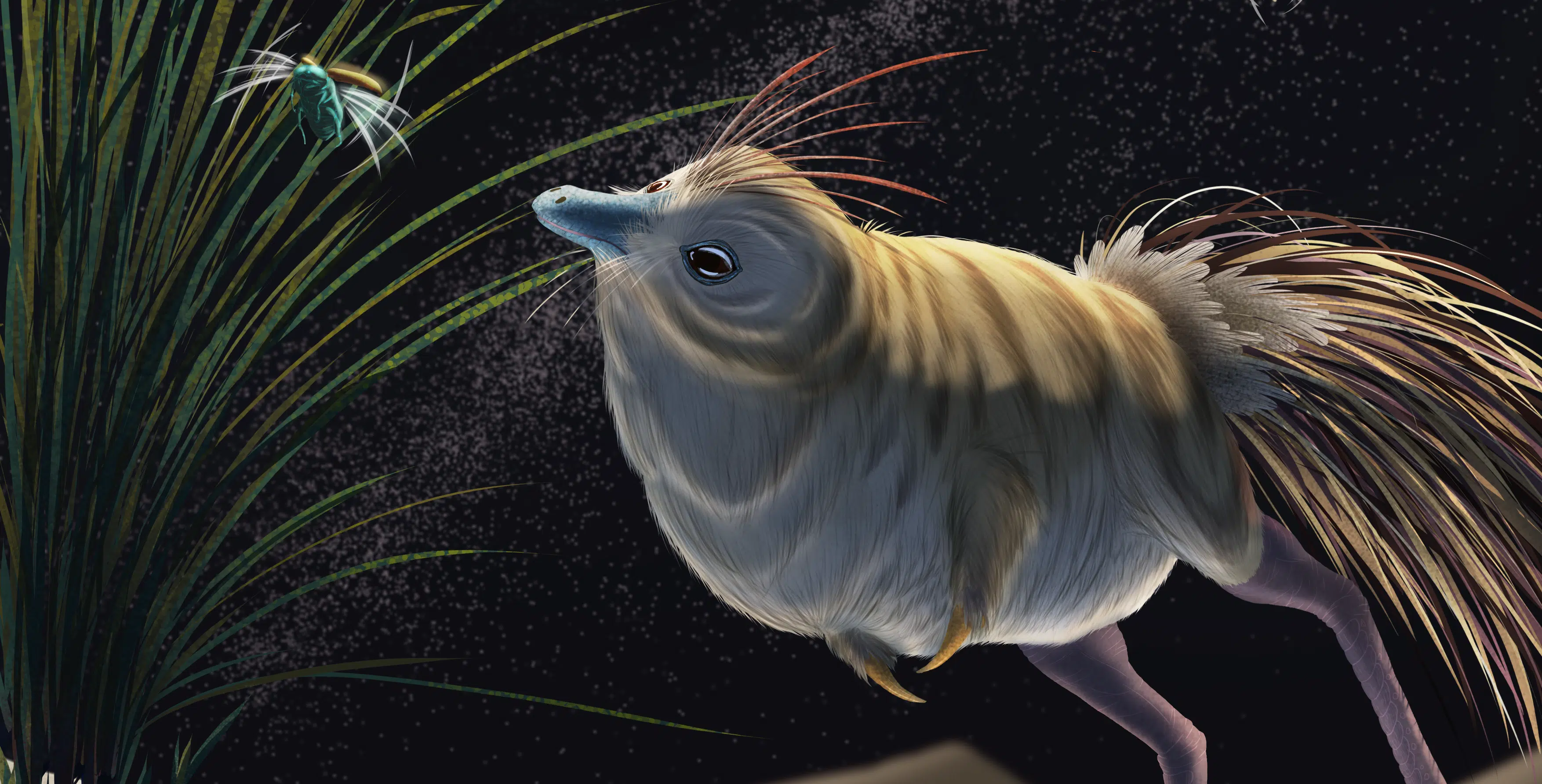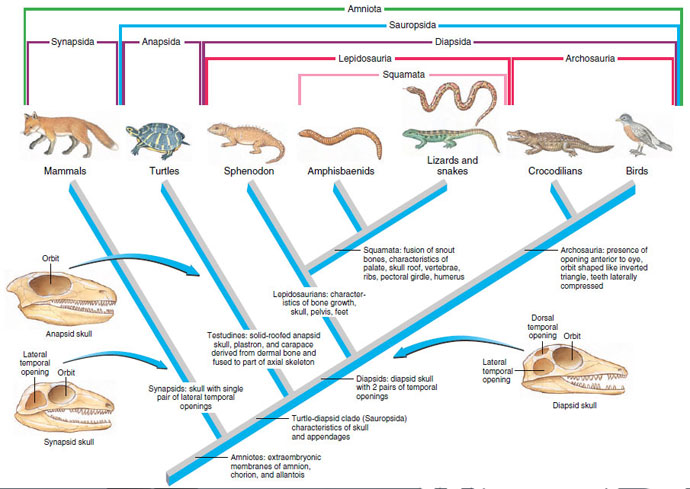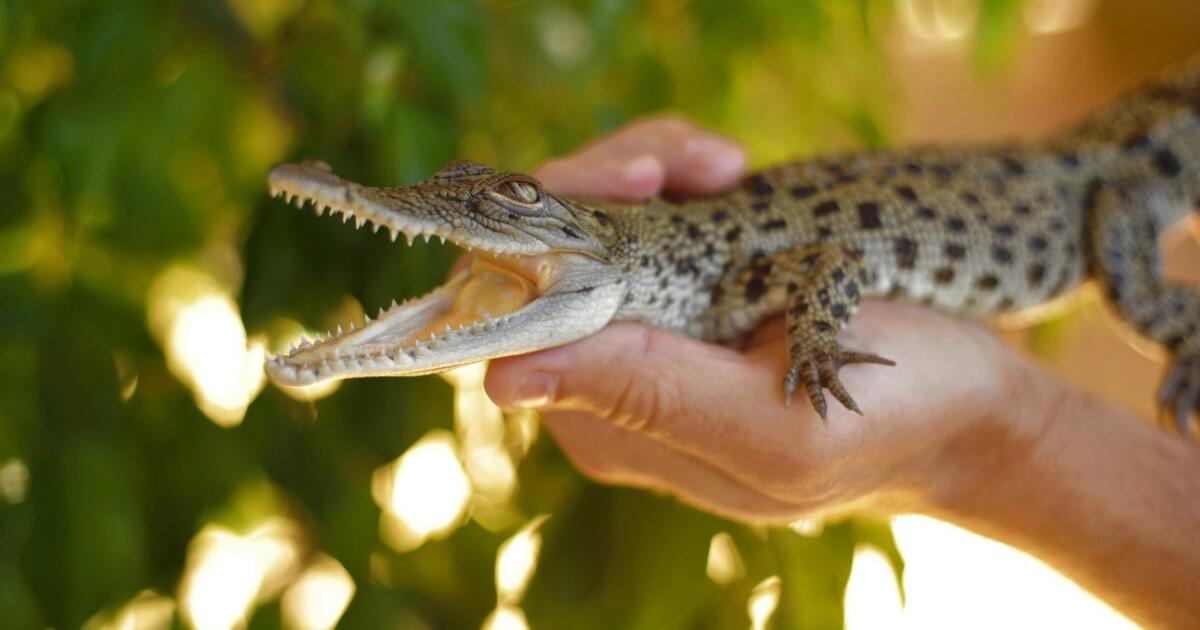Paul E. Michael
Member
- May 24, 2022
- 662
- 84
What behavior are you accusing me of imitating? Lying?Your behavior is very consistent with a Poe. Never called you one, but your behavior is a good imitation if you're not one.
Follow along with the video below to see how to install our site as a web app on your home screen.
Note: This feature may not be available in some browsers.





Join Hidden in Him and For His Glory for discussions on how
https://christianforums.net/threads/become-a-vessel-of-honor-part-2.112306/
What behavior are you accusing me of imitating? Lying?Your behavior is very consistent with a Poe. Never called you one, but your behavior is a good imitation if you're not one.
You're not listening. When you can accurately deal with what I've actually said, we'll pick up on things. I'm now convinced that you are unable to even consider how birds might be different than non-avian dinosaurs. And if you aren't a Poe, I'm thinking that you're fighting your own internal battles projected on the rest of us. I'll just look in here from time to time, to see if anyone else might be willing to take a shot at the issue.What behavior are you accusing me of imitating?
/archaeopteryxAB-56a2552a3df78cf772747fb7.jpg)
What you've actually said is "birds are dinosaurs":When you can accurately deal with what I've actually said, we'll pick up on things.
When you can stop cowering from my questions about what (if anything) you mean when you chant "birds are dinosaurs", and when you have answered them, we'll pick up on things.Since, as you have learned, birds are dinosaurs, just as dogs are mammals, it shouldn't be that hard to grasp. I'm puzzled as to why you don't get it.
--he was able to answer the question:And, when you say "a population of dinosaurs became birds", by your word "birds," either 1) you are referring to non-dinosaurs, or 2) you are referring to dinosaurs. Which of these two things do you mean:
- "a population of [non-birds] became [non-dinosaurs]"?
- "a population of [non-birds] became [dinosaurs]"?
If he can answer that question about his use of his word, "birds," then why can't you answer the same question about your use of your word, "birds"?Paul E. Michael I missed that question. A population of non-birds became non-dinosaurs, sure, if that's the bizarre way you want to put it. So what?
By the way, my knowledge of evolution is very limited and I should not be taken as an expert.Barbarian, when I asked your fellow Darwinist, T. E. Smith, about his use of his word, "birds,"--
--he was able to answer the question:
If he can answer that question about his use of his word, "birds," then why can't you answer the same question about your use of your word, "birds"?
(I know why you can't. ;)
Sorry, as you learned, the definition of bird is just not what you wanted to be.If he can answer that question about his use of his word, "birds," then why can't you answer the same question about your use of your word, "birds"?



It's such a simple idea. As Huxley remarked, when he read Darwin's book; "how stupid of me not to realize it!" But it is a very complex process, due to the creativity of our God Who built endless possibilities into the universe He made for us. So Darwin remarked at the end of his book:By the way, my knowledge of evolution is very limited and I should not be taken as an expert.
"the definition of bird"?Sorry, as you learned, the definition of bird is just not what you wanted to be.
The end of Darwin's book is very beautiful. Honestly one of the most well-written sections of any English book.It's such a simple idea. As Huxley remarked, when he read Darwin's book; "how stupid of me not to realize it!" But it is a very complex process, due to the creativity of our God Who built endless possibilities into the universe He made for us. So Darwin remarked at the end of his book:
"There is grandeur in this view of life, with its several powers, having been originally breathed by the Creator into a few forms or into one; and that, whilst this planet has gone cycling on according to the fixed law of gravity, from so simple a beginning endless forms most beautiful and most wonderful have been, and are being evolved."
"...endless forms most beautiful..." Indeed. One learns just how great and wise the Creator is, when one takes a closer look. If you have an interest, you might want to read Sean Carroll's book which has Darwin's phrase as a title. Evolutionary development has made a great deal of evolutionary history clear for us.
Endless Forms Most Beautiful: The New Science of Evo Devo: Carroll, Sean B.: 9780393327793: Amazon.com: Books
Buy Endless Forms Most Beautiful: The New Science of Evo Devo on Amazon.com ✓ FREE SHIPPING on qualified orderswww.amazon.com
You're an expert on whether you are referring to dinosaurs or to non-dinosaurs when you choose to say "birds", though, right? I mean, who could be more expert than you about that particular question?By the way, my knowledge of evolution is very limited and I should not be taken as an expert.
Who could be more of an expert? Why, a formally trained evolutionist of course. I've only read a bunch of books, no college.You're an expert on whether you are referring to dinosaurs or to non-dinosaurs when you choose to say "birds", though, right? I mean, who could be more expert than you about that particular question?
I'll give it to you that you, being a lay Darwinist, are obviously not as expert in shamelessly employing tactics of obfuscation, weaselly language games, and stonewalling, as professional Darwinists seem to be, since you, at least, actually answered the question I asked you about your use of your word, "birds". You freely admitted that, by your word, "birds," you are referring to non-dinosaurs, rather than to dinosaurs. I'm not even going to assume that you'd have done differently, had you "been on your guard," so to speak.
Barbarian, on the other hand, being a professional Darwinist, has not admitted that, by his word, "birds," he is referring to non-dinosaurs; nor has he admitted that, by his word, "birds," he is referring to dinosaurs. He has chosen, instead, to continually stonewall against my question about his use of his word, "birds." So, as it stands, you, being a lay Darwinist, cannot learn from Barbarian, a professional Darwinist, whether, as a Darwinist, you ought to be referring to non-dinosaurs, or, instead, to dinosaurs, by your word, "birds". Barbarian's refusal to answer my question about his use of his word, "birds," is his refusal to instruct even you (his fellow Darwinist) as to which you should be referring to by your word, "birds": dinosaurs or non-dinosaurs. Barbarian is obviously fine, then, with you continuing your use of your word, "birds," to refer to non-dinosaurs, rather than to dinosaurs. His reticence, for aught we know, may as well be taken as his approval of you, his fellow Darwinist, continuing with that usage. Right?
I don't imagine that is going to be palatable to T. E. Smith.due to the creativity of our God
Someone who is not you is/can be more of an expert than you are regarding how you choose to use the words you choose to use?Who could be more of an expert? Why, a formally trained evolutionist of course.
Hope this does not come through sounding snide, because I've no ill sentiment behind it, but, do I seem to you like I would care a whit whether or not someone has "gone to college"? I'm not altogether opposed to it. I have no doubt that in some ways it can be quite beneficial. But, the way I see it, it could never be beneficial to anybody who cannot be autodidactic. "Only reading a bunch of books" suits me just fine. I mean, I'm free to receive whatever seems good and rational to me from the intellectual output of anybody, whether or not they've been "formally trained". And, just the same, I'm free to reject, criticize, and ridicule whatever seems bad and irrational to me, even if it's been handed to me by the "formally trained".I've only read a bunch of books, no college.
No, what I mean is that I may be using the words and descriptions inaccurately due to my lack of formal education. Now then I understand what that atheist is saying because a lot of Christians do consider atheism and even evolutionism to be religions. Needless to say they are not. But I am happy to call myself an evolutionist and to say I hold to Darwinism, because I do.Someone who is not you is/can be more of an expert than you are regarding how you choose to use the words you choose to use?
Hope this does not come through sounding snide, because I've no ill sentiment behind it, but, do I seem to you like I would care a whit whether or not someone has "gone to college"? I'm not altogether opposed to it. I have no doubt that in some ways it can be quite beneficial. But, the way I see it, it could never be beneficial to anybody who cannot be autodidactic. "Only reading a bunch of books" suits me just fine. I mean, I'm free to receive whatever seems good and rational to me from the intellectual output of anybody, whether or not they've been "formally trained". And, just the same, I'm free to reject, criticize, and ridicule whatever seems bad and irrational to me, even if it's been handed to me by the "formally trained".
Your phrase, "a formally trained evolutionist," puzzles me. Well, it puzzles me that you are willing to say it. In your thinking, you're obviously not in exactly the same place/on the same page as most of the evolutionists I've seen. For, time and again, I've seen evolutionists complain about people saying "evolutionist," and "evolutionism." They'll say things like, "I'm not an 'evolutionist'! I'm just someone who accepts science," always putting sneer quotes around the word, "evolution," of course. Or, they'll say, "Evolution is not an ism!" One guy said to me something like, "Evolution is not an ism. I'm just someone who accepts evolution; I'm not an ist. An ism is a religion, and an ist is someone who is religious." I marveled at the glaring case of cognitive dissonance on display, there, seeing as that same guy also was proud to call himself "atheist".
Perhaps not. But when he disagrees with me, he doesn't pout and call me a liar.I don't imagine that is going to be palatable to @T. E. Smith.
Perhaps a cartoon version of reality is precisely what's causing your problems. Have you figured out why you think birds are not dinosaurs yet? Got some facts to support your feelings?It may sound silly, but, for my part, I sometimes like to think of at least some of the various worldview debates I get involved in with others in light of those cartoons with the sheepdog with the mop-top, and the Wile E. Coyote lookalike, in their respective "days at the office". I'm the sheepdog
Of course, you, Barbarian, seem to give the impression of being such a barbarian that you've probably never even heard of, much less watched, much less been amused by such cartoons.
Oh, you'd like a link...I don't know what to make of your phrase. Do you usually talk that way, or hear other people talk that way? Why do you not precede your word, "bird," with an article? Instead of saying, "the definition of a bird," or "the definition of the bird," or "the definition of birds," or "the definition of the word, 'bird',"

 en.wikipedia.org
en.wikipedia.org
I mean birds are avian dinosaurs of a particular lineage. There were other flying dinosaurs close to the lineage that led to birds, but they were not birds. Archaeopteryx, for example, or Microraptor. Much as there were bipedal hominids at one time that were not of the lineage that led to anatomically modern humans. Those hominids were more or less human-like, but not of our own hominin lineage.By "birds are dinosaurs," do you mean "[dinosaurs] are dinosaurs"? Yes or No?
As you have learned, there is are no significant differences between birds and non-avian dinosaurs such as would put them in different groups. There were even flying dinosaurs other than the lineage that led to birds. This is why you have repeatedly refused to give us even one such difference.Like I've said, I know why you won't touch that with a ten-foot pole; I don't assume you're as stupid as you seem to want people to think you are, and so, you know that it must needs only backfire right into your proud face, were you to answer these, two, elementary questions I've been asking you. So, because of your calculation, you prefer to embarrass yourself by sitting there stone silent against these questions which even children would find easy to answer.